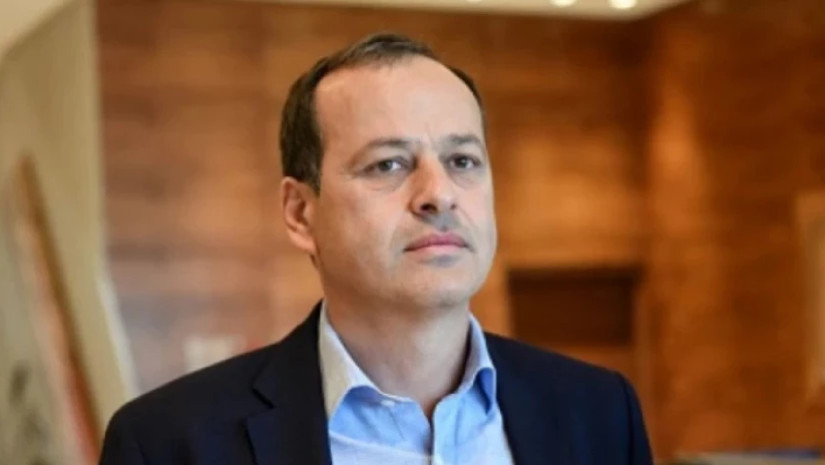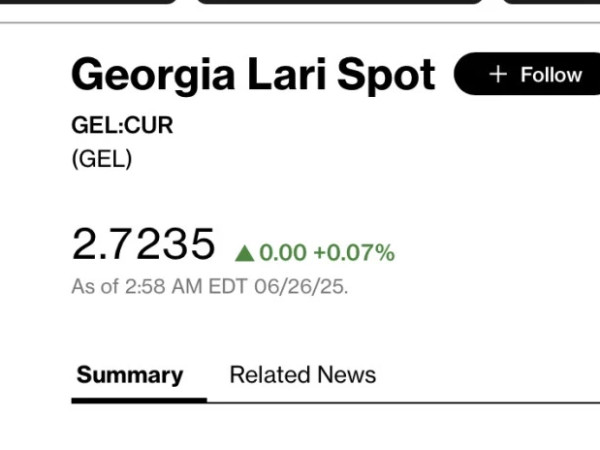Businessman Lasha Papashvili speaks about the necessity of subsidizing the hotel business and states that he raised the issue of subsidizing branded hotels at a meeting with Vice Prime Minister Levan Davitashvili.
According to him, in the last 2-3 years, subsidies for branded hotels in the tourism sector have been cut.
"You know that agriculture was subsidised heavily, and hotels were financed as part of the Check in Georgia project as part of tourism. Fortunately, subsidies in the agricultural sector continue while subsidies for branded hotels have been cut," Papashvili notes. When asked how necessary subsidies are in the tourism sector, the businessman says this is a global practice.
Subsidies are carried out not only in our country, but also in the world's most dominant economies, including the European Union, they directly or indirectly support those sectors that are important for the country. Therefore, I think that we need it too. Today, we have the following picture: in the capital there are only 7-8 branded hotels, in the regions- very few. The real estate industry, including hotels, is time-consuming and money-consuming. Therefore, it is very difficult to run this business only with Georgian capital. You know, we still have high interest rates and this business cannot withstand the rates and the terms, there is still not access to capital in our country ," Papashvili says.
According to him, the country needs branded hotels to attract wealthy tourists.
"The more branded hotels we’ll have, the more high-budget tourists the country will attract. We have no problems with occupancy now, but low-budget tourists mainly arrive. higher quality tourists with bigger budgets need the appropriate infrastructure of 4-5-star hotels to stay here for a few days," the businessman explains.
In his words, the number of tourists from Arab countries, which are rich, has increased in Georgia recently. However, Papashvili says that only 10 percent of tourists from these countries are Arabs, and the rest are people working there with a residence permit, so they are not considered high-spending tourists.


















